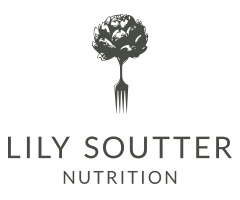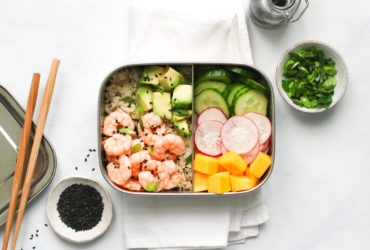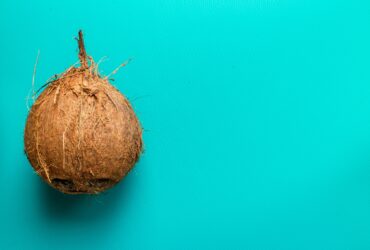A new health craze has been inspired by Kim Kardashian and has made its way to the UK supermarket shelves.
Whilst this milk is new to us in the Western world, it has been consumed for thousands of years in other parts of the world and is popular in North Africa and the Middle East. Camel milk is a major source of nutrition where water is scarce and this sturdy animal can survive for a month without water, yet still, produce milk.
Is camel’s milk more nutritious than cow’s milk?
Both cows and camels milk are both highly nutritious but differ slightly in their nutrient offering. Camel’s milk comes with a higher quantity of minerals such as zinc, and around 5-10 times the amount of iron. It contains 3-5 times the amount of vitamin C, which is handy when in desert conditions where fresh fruit and veg may be sparse. [1]
On the other hand, it has been reported that camel milk contains lower amounts of fats, protein and carbohydrates in comparison to cows milk. It also comes with lower levels of vitamin A, E and certain B vitamins such as thiamine and riboflavin.[1]
However, it’s important to note that the nutrient composition (including fatty acids) of camel milk has been found to differ from country to country and is correlated to the environmental and farming conditions. This means that it is currently hard to provide accurate measures of the nutrient content as this can vary from batch to batch.
Are there additional health benefits that come with camel’s milk?
There is some preliminary research to suggest that camel milk may be better tolerated by those with lactose intolerance in comparison to cow’s milk,[2] however larger trials need to be conducted before these properties can be confirmed.
In relation to other health claims made around camel’s milk such as ‘preventing diabetes’ and ‘treating autism’, most of the research has been conducted on rats and more research needs to be conducted on humans. It’s important to be mindful of sweeping health claims around camels milk as there are currently no conclusive studies to support these claims, in fact, the Food and Drug Administration instructed one company to take down their health claims from their website to not mislead the general public.
In summary, camel’s milk is highly nutritious, but so is less expensive and more readily available cows milk or even goat’s milk! Many of the additional nutrients found in camel’s milk can be found from other foods sources, which are local and easily accessible in the UK. Opting for camels milk is a personal choice, and if you’re keen to try this alternative you will be pleased to know it is now available to purchase at Asda!
Lily is a London Nutritionist who graduated from Newcastle University with a BSc (Hons) degree in Food and Human Nutrition (AfN accredited) where she was awarded the Sage Faculty for Excellence Scholarship on an annual basis. She then went on to complete a 2-year post-graduate Diploma in Nutritional Therapy and is currently working towards her MSc in Nutritional Medicine (AfN accredited) at the University of Surrey. Lily’s extensive knowledge of the science of food and health, enables her to regularly write for The Times, The Telegraph, The Daily Mail, The Independent, Women’s Health and Cosmopolitan.
Her frequent TV appearances include ITV’s This Morning with Holly Willoughby and Phillip Schofield, and ITV’s primetime series Save Money: Lose Weight with Dr Ranj Singh. Lily’s passion is to simplify the science around nutrition, to provide health hacks and smarter eating strategies to empower people to enjoy a healthy and successful lifestyle. Her specialities lie in workplace wellness, implementing nutrition-focused wellbeing programmes within corporate organisations across the UK.
Lily also sees individual clients from her clinic in Chelsea and a private medical practice based in Notting Hill.



